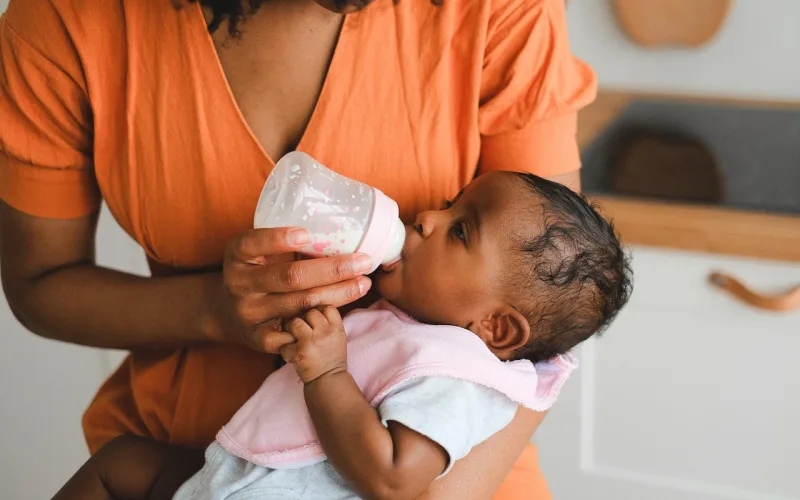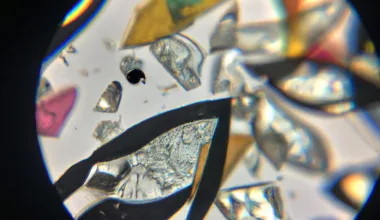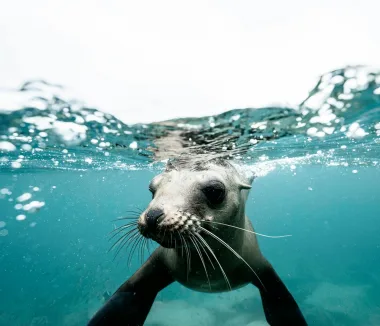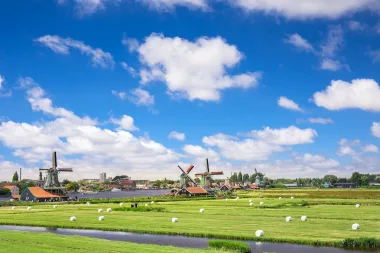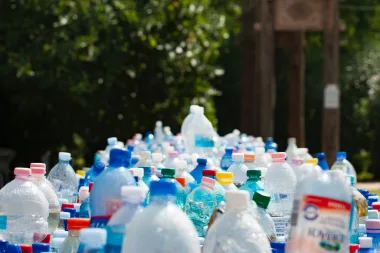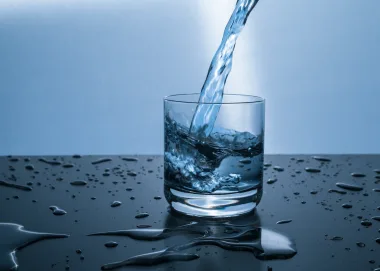Last Updated on May 25, 2023 by Ecologica Life
This is a story about how, the life of an engineer got flipped upside down. Every day, Dunzhu Li would microwave a plastic container which he brought his food in. However, Li, an environmental engineer, stopped doing this when he and his colleagues uncovered a startling discovery: plastic food containers shed huge amounts of tiny specks – microplastics – into hot water. “We were shocked,” Li says.
According to Li and other researchers at Trinity College Dublin, baby bottles and kettles also shed microplastics. The scientists determined that if parents prepare baby formula by mixing it in hot water inside a plastic baby bottle, their child may wind up ingesting more than one million microplastic particles every day.
Polypropylene-Based Products: Food Containers, Baby Bottles and More
Although products made of polypropylene are frequently used to prepare and store food, their ability to release microplastics is poorly understood. Most plastic bottles used worldwide are made with polypropylene bottles.
The study published in nature in 2020 discovered that baby bottles made of polypropylene – used in standard plastic – can release millions of microplastic particles when heated or shaken. Researchers mimicked the steps parents take to prepare infant formula by following the cleaning, sterilizing, and mixing techniques recommended by the World Health Organisation. They then measured the quantity of microplastic particles in the liquid.
The researchers investigated the potential microplastic exposure to infants from baby milk formula prepared in infant feeding bottles. The results show that plastic infant feeding bottles release as much as 16 million plastic particles per litre (or four million per 25cl) and that sterilization and exposure to high-temperature water significantly increase microplastic leakage.
The researchers surveyed 48 regions around the world and found that infant baby bottles released much higher amounts of plastic particles than previously thought, especially in North America and Europe where plastic baby bottles are the preference.
Unfortunately, the health effects of this microplastic pollution are still unknown, however research done in aquatic life and mice shows that microplastics can have profound negative health effects. The researchers of the plastic baby bottle study highlight an urgent need to find out if this level of microplastics is damaging infant health.
What Can Parents Do
The authors of the new study suggested shaking and heating the plastic bottle as little as possible. This will reduce the number of microplastics a baby ingests. The four main steps to do that are:
- Rinse sterilised feeding bottles in cool, sterile water to remove any microplastics that might have leached out.
- Always prepare formula in non-plastic containers.
- After it has cooled to room temperature, transfer the formula into the cooled, sterilized feeding bottle.
- Avoid reheating prepared formula in plastic containers, especially in a microwave oven, which can generate “micro pockets” of superheated liquid.
Another simpler solution is to switch to glass or stainless steel. This will greatly decrease the amount of plastic particles a baby comes into contact with.
If parents decide to stick with plastic, they should hand-wash bottles rather than placing them in the dishwasher. Wear and tear caused by machine washing in hot, harsh chemicals can contribute to the breakdown of plastic polymers.
Unfortunately, microplastics are everywhere, in the oceans, in our blood and even farm animals are being fed plastic (legally). microplastic pollution is spreading unchecked. The best way to combat this is to decrease plastic use and go plastic-free whenever possible. This might be hard for some people because plastic is everywhere, and it is just so convenient. However, the simple fact remains that the less plastic we use, the less exposure to microplastic pollution we can expect. This is a necessary step in striving towards a healthier and happier future for the world and our species.
